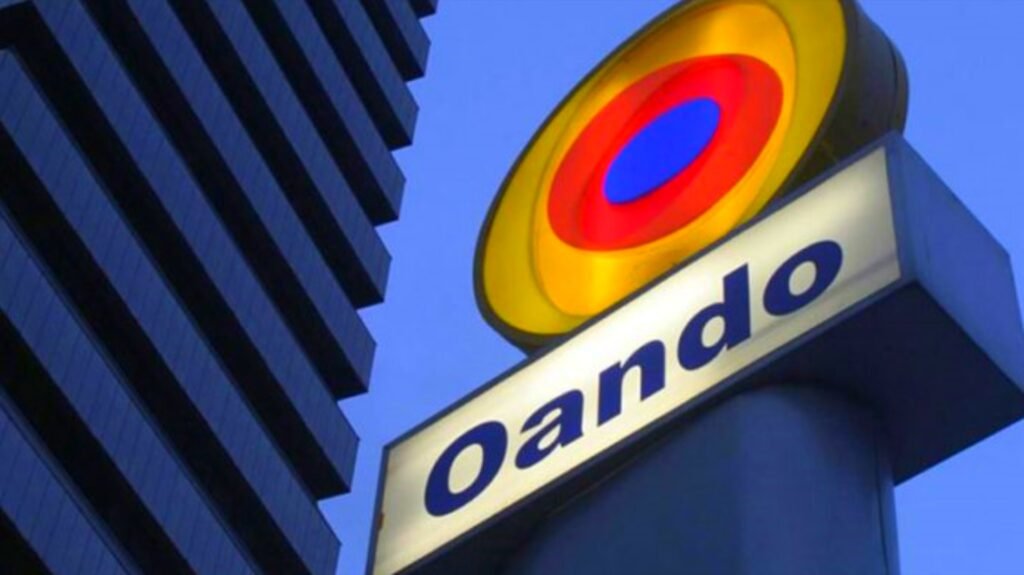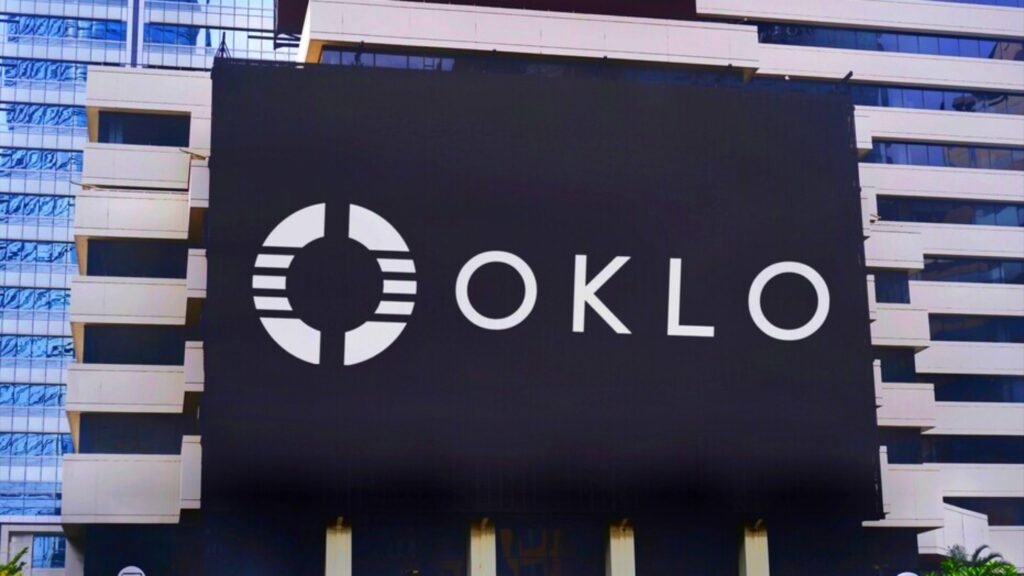The Independent Petroleum Producers Group (IPPG) has expressed concerns about being compelled to sell crude oil to Dangote Refinery and other local refineries in Nigeria. The group urged the Nigerian National Petroleum Company Limited (NNPC) to redirect its allocated crude oil volumes to these refineries to address the current supply shortage affecting local product availability across the country.
In a letter dated August 16, 2024, addressed to the Chief Executive of the Nigerian Upstream Petroleum Regulatory Commission (NUPRC), Gbenga Komolafe, IPPG Chairman Abdulrazak Isa recommended that the NNPC use its allocated 445,000 barrels per day intervention crude oil volume to alleviate the current supply shortfall, as it has done in the past.
Isa noted that while some IPPG members supply crude oil to local refineries, the NNPC is better positioned to mitigate the shortfall by utilizing its statutory crude allocation for domestic consumption. He emphasized that this volume has historically been used to satisfy the nation’s domestic consumption under various swap mechanisms.
Isa suggested that the NNPC’s dedicated crude oil volume should now be reserved for domestic refineries, under a price hedge mechanism facilitated by a financial institution like Afrexim Bank. However, he insisted that any production above this allocated volume should be treated as export volumes, adhering to the international market’s willing buyer, willing seller framework, especially since refiners may need to export excess products to boost foreign exchange earnings.
The IPPG raised concerns about recent developments, including the domestic crude oil refining requirements and the crude oil production forecast for the second half of 2024, announced by NUPRC. Specifically, the group criticized the approach of requesting monthly crude oil supply nominations from producing companies, saying it conflicts with the willing buyer, willing seller framework outlined in the Petroleum Industry Act 2021.
Isa emphasized that while the group supports efforts to enhance domestic refining capacity, no private sector business should be pressured into arrangements that may effectively subsidize another within the oil and gas value chain. He called for long-term Sales and Purchase Agreements between refiners and producers, in line with industry best practices.
The IPPG also requested transparency in the allocation process and urged NUPRC to provide clear details on the criteria and methodology used. Isa sought the opportunity for IPPG to contribute to the production forecast to ensure it accurately reflects operational realities, warning that the current allocation approach could lead to inefficiencies and unfairly disadvantage producers.








